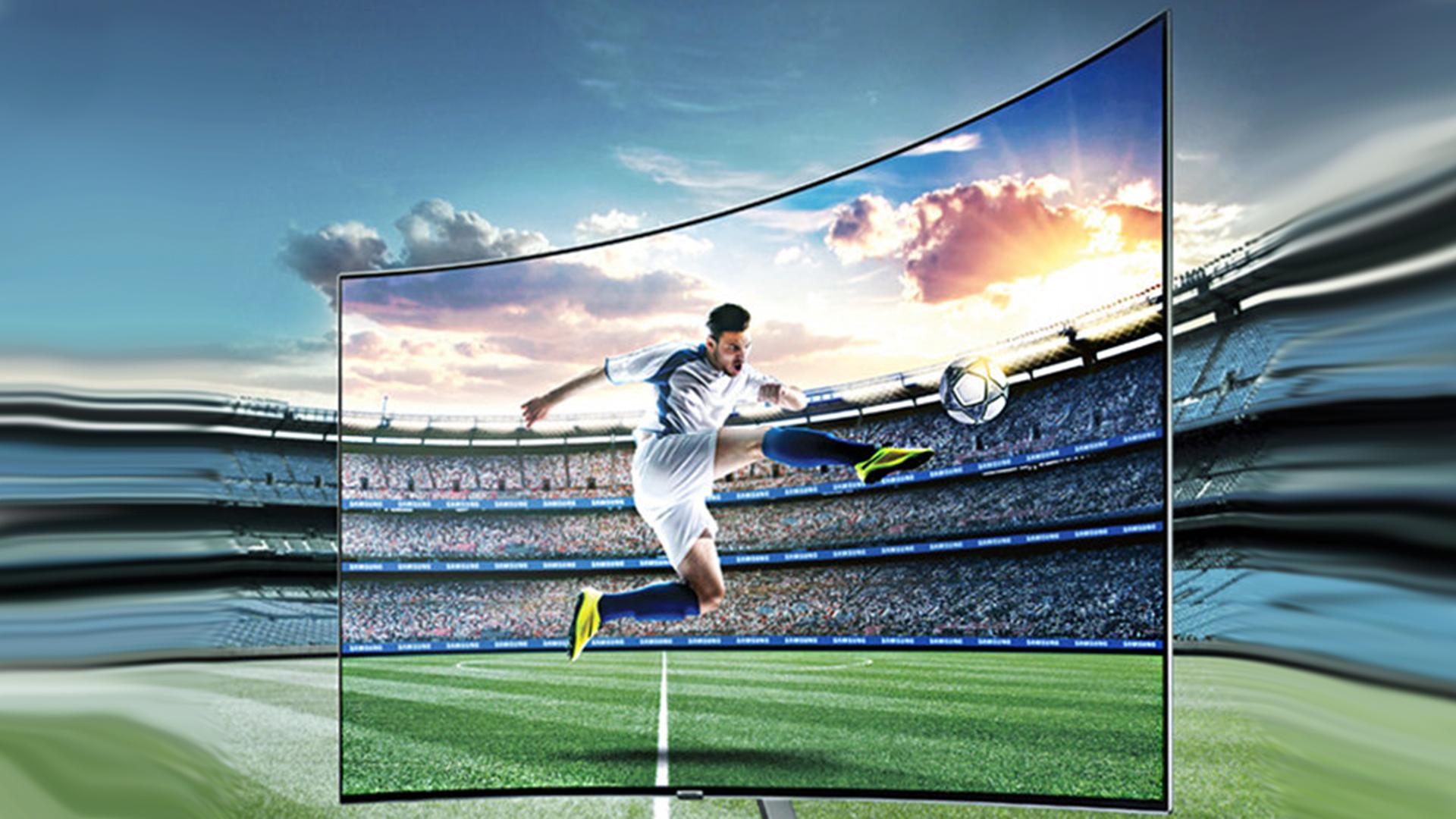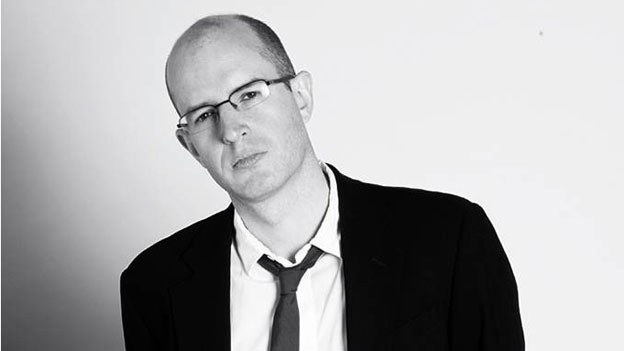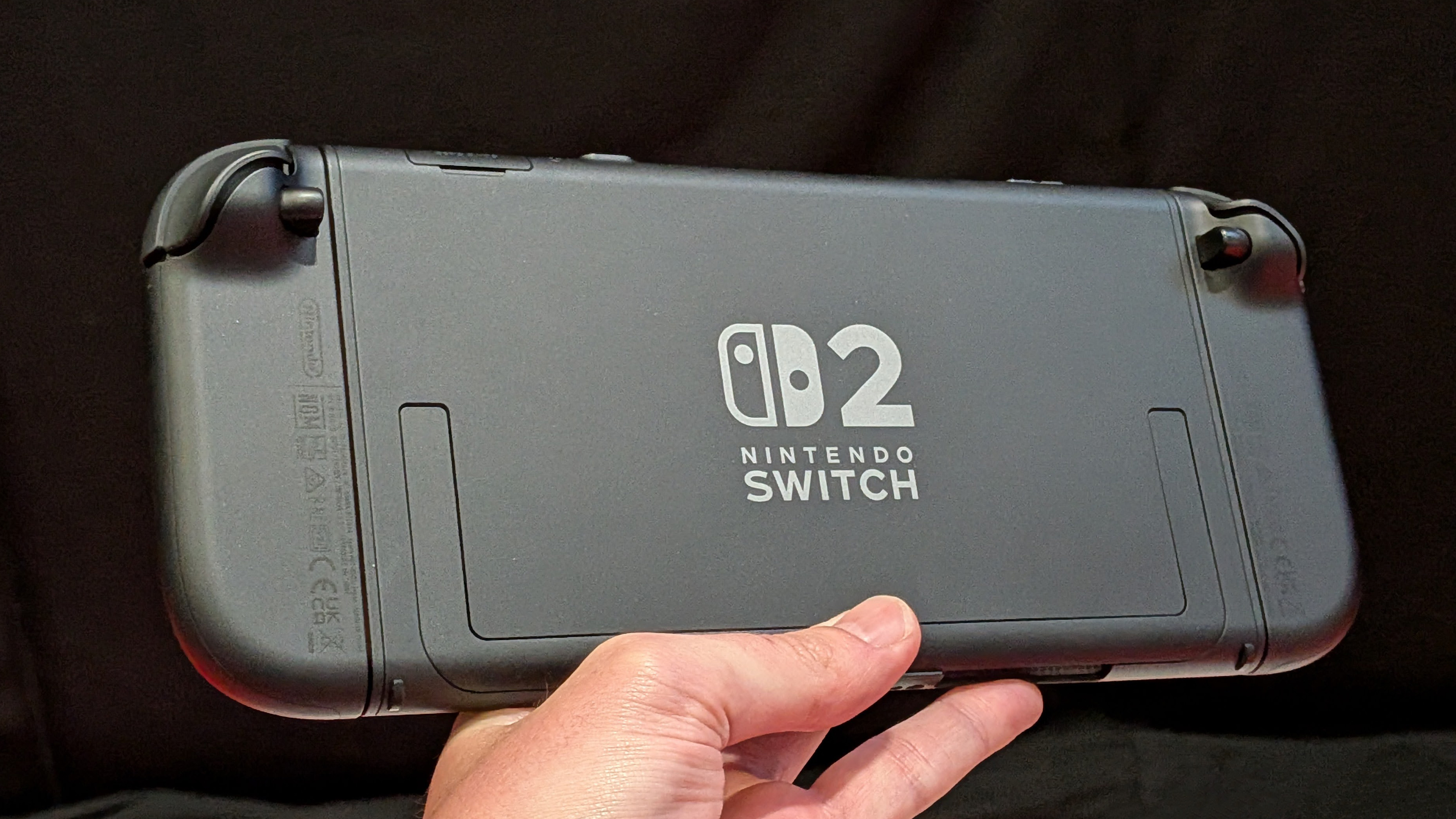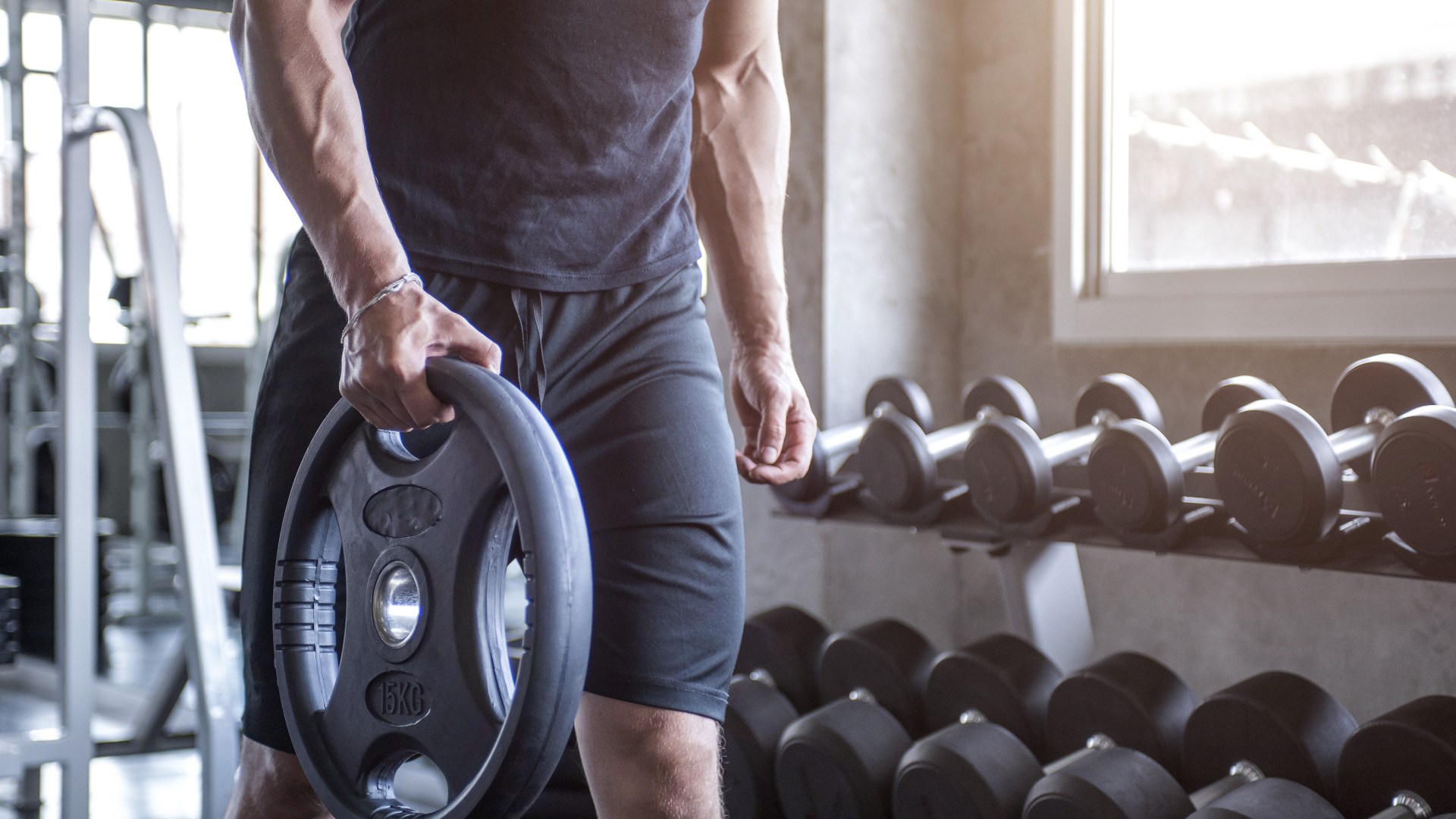

The BBC is showing live Russia 2018 World Cup matches in 4K Ultra HD. That means that you can soon watch one of the semi finals (not the England one, unfortunately) and the World Cup final in 4K for free.
The England v Croatia semi-final is at 7pm BST on Wednesday 11 July, on ITV, while the World Cup final will be shown on the BBC at 4pm on Sunday 15th July, including in 4K via iPlayer. Below, we explain how to get a 4K stream of the final from the BBC.
If you want to watch the England v Croatia semi-final in 4K – which will be broadcast by ITV on Wednesday 11 July at 7pm – you'll have to make do with upscaling instead. This article explains what you need to know about upscaling your World Cup 2018 broadcast.
Here's what you need to know about how to stream what’s left of the 4K World Cup for free.
- You will need a 4K TV though…
- Best 4K TVs
- Best UHD televisions under £1000…
- Best 4K and HD TVs under £500
First up you'll need a compatible 4K TV with the iPlayer app, and an internet connection. Obviously.
Although there's no official list of compatible set-top boxes and streamers we know it works on Roku's splendid Streaming Stick+ and Virgin's V6 box. You can also now also watch 4K World Cup matches on your PS4 Pro, although there may be issues with its insistence on using 60Hz instead of the BBC's native 50Hz. Apologies to non-nerds to whom that sentence makes no sense – it might look a bit juddery on PS4 Pro, basically.
4K streaming is only available to "tens of thousands" of viewers, and that's because access is on a first come, first served basis. We are not seeing loads of complaints from people trying and failing to grab a stream, so maybe the BBC has got this dead right.
Sign up to the T3 newsletter for smarter living straight to your inbox
Get all the latest news, reviews, deals and buying guides on gorgeous tech, home and active products from the T3 experts
The BBC recommends a broadband connection of "at least 40Mbit/s" for 3840-pixel Ultra HD or 20Mbit per second for 2560 pixel Ultra HD. In both cases, video will be streamed at 50 frames per second.
The BBC also recommends a wired connection to the TV via ethernet rather than relying on Wi-Fi. We'd recommend, in this order of practicality, Powerline AV, a Mesh Wi-Fi router, or a very long ethernet cable.
All of BBC One’s World Cup matches will be available in Ultra HD and High Dynamic Range (HDR) on BBC iPlayer. Anyone who can't get a 4K stream will be sent to iPlayer's standard HD stream instead. You can of course also watch via your usual satellite or aerial connection. Old skool style.
The 4K UHD stream will be available from the BBC iPlayer home screen – note that you don't need the Beta version, despite this being described as a trial – from kick-off, until the maximum number of viewers is reached.
The streams will also use HDR (high dynamic range). To get the benefit of this, your TV will need to support the this Hybrid Log-Gamma (HLG) version of HDR, which the Beeb in collaboration with Japanese broadcaster, NHK. Actually, we're just messin' with ya: ALL 4K TVs are compatible with HLG, due to the way it works.
It's worth noting that because the HLG HDR is being decoded on the fly at the World Cup, the effect is not as jaw-dropping as on the Beeb's Blue Planet II. It's still an impressive technical feat, though.
The BBC is also at pains to make clear that this is a trial, done with a view to "optimise UHD delivery in the future." In other words, if it doesn't work very smoothly, well, that's tough luck. The good news is that so far, it's working as well as anyone could have wished for, on most TVs.
Oh, and did we mention the World Cup is in VR on the BBC too?

You may very well be wondering, "What the hell does that mean, the World Cup in virtual reality form?" So let us explain.
All 33 BBC matches from Russia 2018 will be viewable in VR with a compatible headset or via an iOS or Android mobile and app. The VR view will be from a "luxury private box" in each Russian stadium. You'll be able to watch from "the best seat in the ground" through a giant window in the box, whilst sat on a BBC Sport virtual sofa. Live match stats can be viewed as they "pop-up from the virtual coffee table."
Uh-huh. We're not sure if anyone has been making a lot of use of this, as it's hard to stomach for long, and watching it on TV is just so much more enjoyable. It's a fun novelty, though.
When there’s no game taking place, you can view highlights from the day's action and "other on-demand content" on "virtual big screen TVs available in other areas of the private box."
For VR, the BBC recommends a connection of at least a 10Mbit/s.
You'll need the BBC Sport VR - FIFA World Cup Russia 2018 app and an Apple device with iOS 10 and above, an Android one with Android 5.0 and above. There's also support for Gear VR, Oculus Go and PlayStation VR.
Duncan is the former lifestyle editor of T3 and has been writing about tech for almost 15 years. He has covered everything from smartphones to headphones, TV to AC and air fryers to the movies of James Bond and obscure anime. His current brief is everything to do with the home and kitchen, which is good because he is an excellent cook, if he says so himself. He also covers cycling and ebikes – like over-using italics, this is another passion of his. In his long and varied lifestyle-tech career he is one of the few people to have been a fitness editor despite being unfit and a cars editor for not one but two websites, despite being unable to drive. He also has about 400 vacuum cleaners, and is possibly the UK's leading expert on cordless vacuum cleaners, despite being decidedly messy. A cricket fan for over 30 years, he also recently become T3's cricket editor, writing about how to stream obscure T20 tournaments, and turning out some typically no-nonsense opinions on the world's top teams and players.
Before T3, Duncan was a music and film reviewer, worked for a magazine about gambling that employed a surprisingly large number of convicted criminals, and then a magazine called Bizarre that was essentially like a cross between Reddit and DeviantArt, before the invention of the internet. There was also a lengthy period where he essentially wrote all of T3 magazine every month for about 3 years.
A broadcaster, raconteur and public speaker, Duncan used to be on telly loads, but an unfortunate incident put a stop to that, so he now largely contents himself with telling people, "I used to be on the TV, you know."

